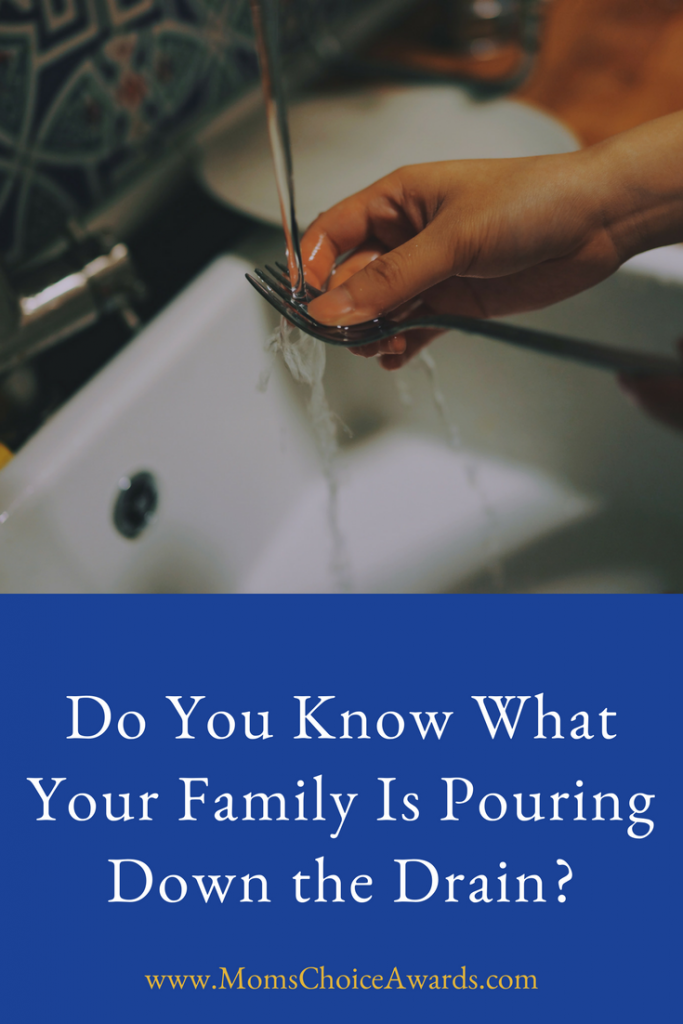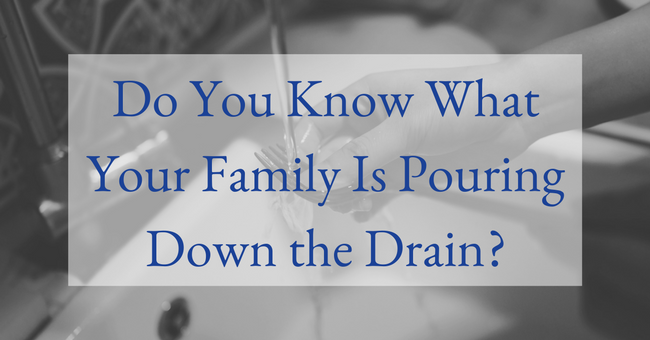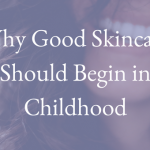 Jane Sandwood
Jane Sandwood
Teacher | Blogger | Mom
Imagine a new world in which children know as much about the animals and plants in their own backyard, as they do about the list of animals under extinction; where the more gadgets that invade their home and school lives, the more they seek to recharge their batteries in nature; where we take care to build a growing, thriving, green environment through responsible day-to-day actions. As parents, we can achieve this, not through lecturing, forcing our children to learn statistics or filling them with fear about the state of our planet. This beautiful new world starts by making environmental protection part of our day-to-day lives… through actions as simple as watching what we pour down the drain.
Toxic Water
We often read of the catastrophic problems caused to our oceans by the proliferation of plastics, yet we cause similar damage by pouring everyday items down our drains. Medications, for instance, should never be flushed down toilets or sinks, since water treatment plants are unable to filter the chemicals they contain. Fish exposed to these toxins show increased liver size and altered hormone secretion; they also show negative growth and behavior patterns as a result of being fed a toxic diet of antidepressants, contraceptives, steroids, and more. Show your children you care about our water supply by disposing of medication in pharmacies or mixing them with coffee grounds before sealing them in a plastic bag and throwing them in the trash can.
Personal Care Products (PPCPs)
Always opt for natural, organic creams, soaps and shampoo; research shows that alarming levels of personal care products in our water system, are negatively affecting aquatic organisms. PPCPs are considered ‘pseudo-persistent’, because their continuous use and release into the environment means that their source consistently replenishes, making them impervious to environmental processes such as biodegradation. Because our body absorbs endocrine disrupting chemicals, we can also harm our health. Considering how easy it is to make non-toxic products, we can ask our kids to join is making a few essential cleaning and personal care products, buying non-toxic versions of additional items we cannot make ourselves.
Oil and Fats
Refrain from throwing fats and oils down the drain – this includes animal and vegetable fats, which clog your drain and cause almost 50% of sanitary sewer overflow in the US. When sewer levels are high, blobs of fat rise to the ceiling of pipes, creating so-called ‘fatbergs’ that can grow to the size of a bus in some sewers! Ask your kids to help you store away used oil and fat, and bring them along when you take the oil to a facility where it can be converted into biofuel. In general, try to get as much grease and oil into your trash can instead of the drain.
If ever you do have clogging in your drains, rather than pollute the water supply with harsh chemicals (which can also destroy your pipes), consider making your own effective yet non-toxic drain cleaner.
Clean the rest of your home with natural products as well. Young Living has an essential oil blend called Thieves, which can be diluted with water and be used as an all-purpose cleaner or degreaser. Ovens can be efficiently cleaned with vinegar and baking soda. In reality, natural cleaning methods are as efficient as chemical ones, and take very little time to produce.
There are many products people throw down the drain, ruining the quality of our water supply, harming organisms and fish, and turning our beautiful oceans into toxic bodies of water. By encouraging children to join you in a crusade against environmental degradation, you will empower them to create a world that is greener, better and healthier, than the one they know today.
How to Interest Children in Sustainable Waste Disposal
It is vital for children to understand the effects their actions have on the environment, from the time they are independent enough to dispose of anything on their own accord. It is easy to teach them the importance of their actions by involving them in decision making – everything from the family’s choice of personal care products, to that of natural cleaning products. Children learn by example; when they see us separating fat and oils to dispose of these items, doing the same when they are an age in which they are preparing food themselves, becomes second nature. Environmental experts like Richard Louv note that when it comes to teaching kids about sustainability, didacticism should be kept to a minimum and enjoyment of the environment, to a maximum. In other words, it is as important to bring kids into the Great Outdoors so they come in contact with its majesty and the tiny worlds of insects, bugs and animals, as it is to educate them on the effects of their actions. Only by building a child’s relationship with nature, will they care enough to protect it as something they love and cherish – an important part of their lives that they will always be willing to fight for.
 About Jane Sandwood
About Jane Sandwood
Jane always wanted to be a teacher as a child, and after graduating college went straight into primary education where she worked for a decade before taking time off to start her own family. She now campaigns against child abuse and domestic violence while working as a freelance writer and editor.
View all posts by Jane Sandwood here.
Save






2 Comments on “Do You Know What Your Family Is Pouring Down the Drain?”
An interesting read and something to think about for sure.
What a wonderful post with so much information.I can clean almost everything in my home with vinegar and baking soda,it’s safer for me,my family and the enviroment